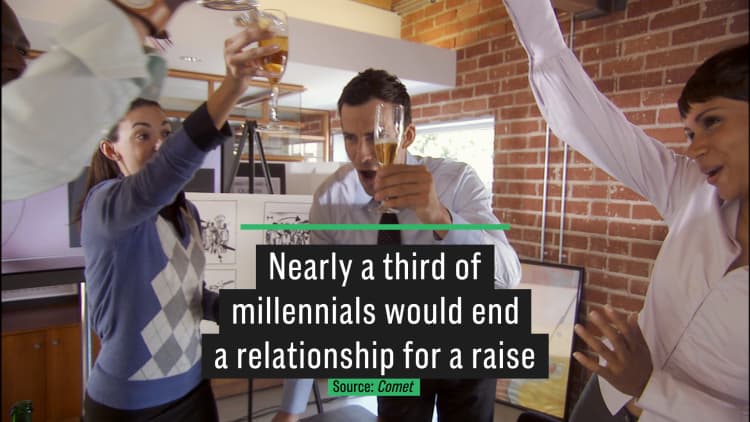Two-fifths of people know the access code to their partner's phone and a similar number (38%) know their other half's favorite band but less than third would be able to describe what they do for a living, research has found.
Similarly, three-quarters of people don't trust their partner to be able to explain their job, according to a survey of 2,000 U.K. workers, 500 of whom worked in the tech sector, conducted by market researcher Opinium on behalf of IT jobs site, CWJobs.
Nearly three-quarters (71%) of Brits felt forced to dumb down their work when explaining it to their partners, family or friends, which is hardly surprising when two in five people said close ones switched-off when they talked about their job.
This left nearly a quarter of U.K. workers feeling frustrated, while 22% said this lack of engagement made them annoyed and 17% said it made them feel lonely.
Those working in tech and IT (56%) were most upset by their friends and family's lack of interest in their job, followed by people working in property (49%), engineering (45%) and financial services (45%).
And nearly one in three (31%) U.K. employees resented the fact that friends and family thought the money they made was more important than their actual career.
As a result, around three out of five people dreaded having to explain what they do for a living.
The benefits of 'relatedness'
Dr Julia Yates, a senior lecturer of Organizational Psychology at City, University of London, said that talking to loved ones about work is "valuable for our relationships and for our mental health."
CWJobs' research supported this view, as among those who did feel they could openly talk about their job to people outside work, 32% said they benefited from a fresh perspective.
Another 30% said it helped them resolve an issue at work, while a quarter said it helped them maintain good mental health.
In fact, 29% of respondents said ongoing support at home had helped them secure a new job, a pay rise or negotiate a promotion.
Yates also cited the "self-determination theory," which says one of the three essential psychological needs as humans (alongside having some control and feeling competent) is the need to feel connections with those around us.
"Evidence shows that this idea of 'relatedness' is crucial to our well-being, and without those personal connections, our mental wellness will be on shaky ground," she said.



